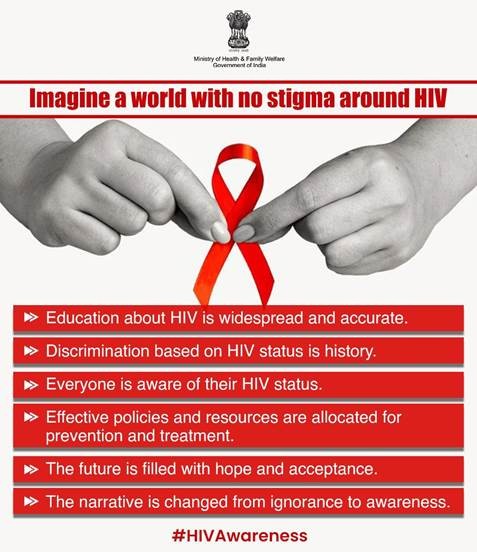Description

Disclaimer: Copyright infringement not intended.
Context
- The government confirmed in the Supreme Court that Aadhaar is not mandatory for registration on the CoWIN portal for COVID-19 vaccination.
Details
Background
- India has been using a vaccine intelligence system called eVIN (electronic vaccine intelligence network), which provides real-time feedback of vaccine stocks, power outages, temperature fluctuations etc.
About Cowin
- CoWIN is essentially an extension of eVIN.
- CoWIN is a cloud-based IT solution for planning, implementation, monitoring, and evaluation of Covid-19 vaccination in India.
Features
- Registration: The system allows for creation of users (admins, supervisors, vaccinators), registration of beneficiaries (bulk upload and individual registration), facilities/planning unit and session sites followed by planning and scheduling sessions and implementation of vaccination process.
- Level of user: It has utilities for every level of user — from civil servants in national and state capitals to public health system managers, vaccinators and, at a later stage, potential beneficiaries.
- Monitoring of wastage and utilization: CoWIN system on a real time basis will track not only the beneficiaries but also the vaccines, at national, state and district level. This will allow the system to monitor the utilisation, wastage, coverage of Covid-19 vaccination at national, state, district and sub-district level.
- Minute details: Every detail, from the sites where vaccinations are carried out to the number of beneficiaries and even the batch number, doses per vial and schedule of the vaccine, will be uploaded on the digital platform.
- Documents required: People willing to get vaccinated can register themselves by uploading any one of 12 identification documents. These are:
– Aadhaar card
– Driving licence
– Health insurance smart card issued under the scheme of Ministry of Labour
– MGNREGA job card
– Official identity card issued to MPs/MLAs/MLCs
– PAN card
– Passbook issued by bank/post office
– Passport
– Pension document
– Service identity card issued to employees by central/state govt/PSUs/public limited companies
– Smart card issued by Registrar General of India under National Population Register
– Voter ID card
- A person will have three authentication options to choose from — biometric, OTP-based and authentication using date of birth etc.
https://epaper.thehindu.com/Home/ShareArticle?OrgId=GRD9FMOMT.1&imageview=0










